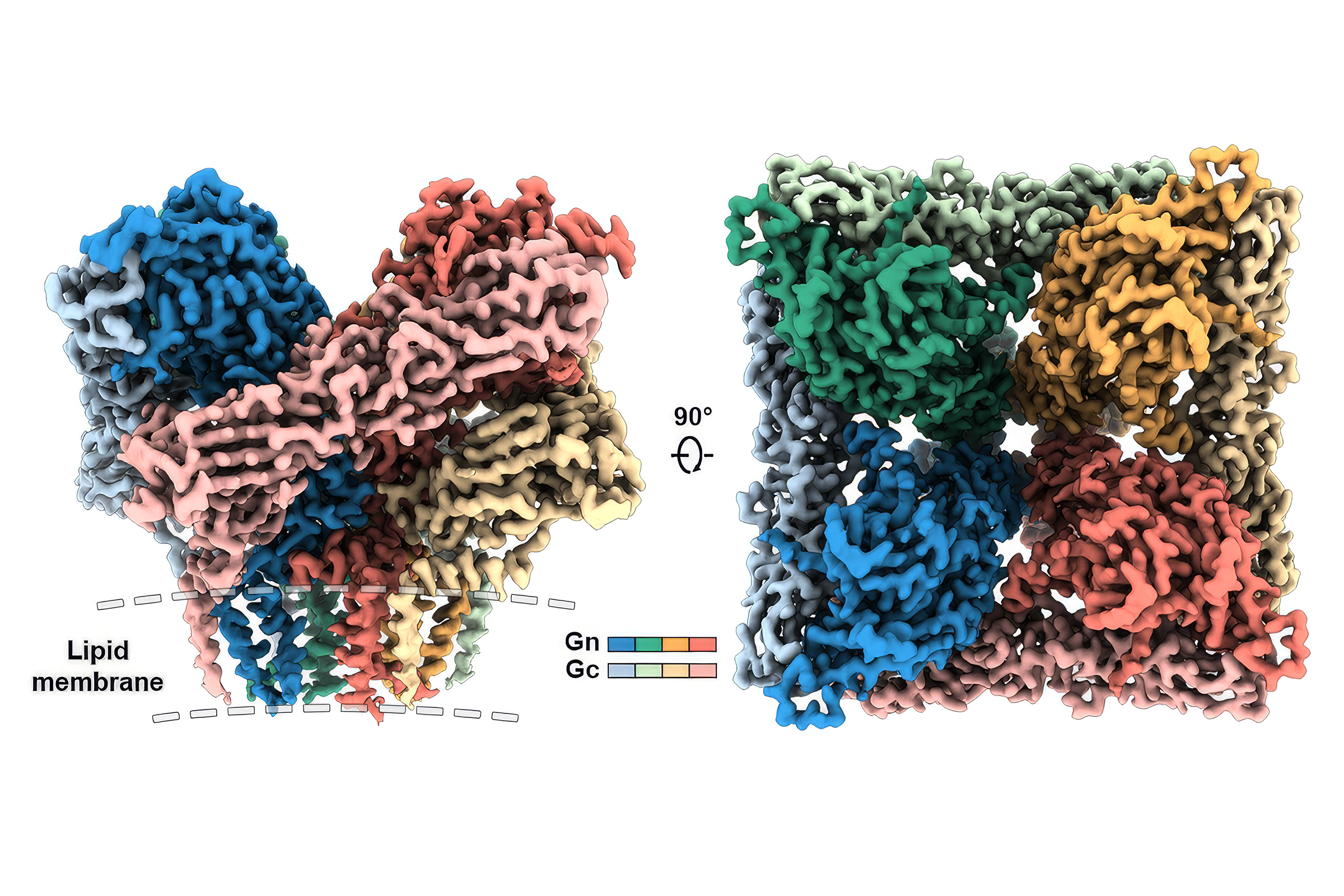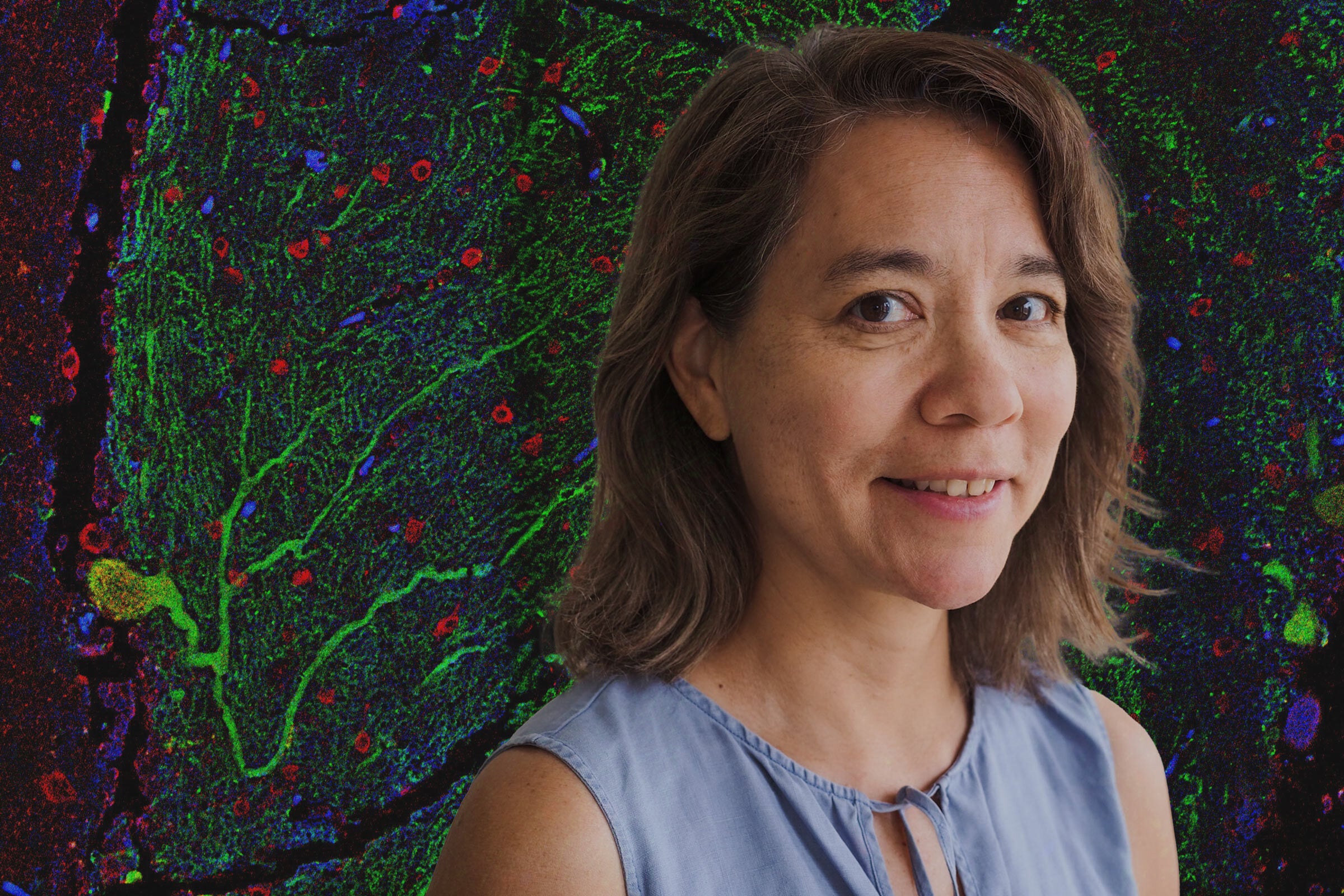Faculty Members Elected to National Academy of Sciences
Neuroscientist Kristen Harris and molecular bioscientist Keiko Torii have received one of the highest honors a scientist can receive.

Kristen Harris (left) and Keiko Torii were elected members of the National Academy of Sciences.
The prestigious National Academy of Sciences has honored two University of Texas at Austin faculty members. Neuroscience professor Kristen Harris was among 120 newly elected members, and molecular biosciences professor Keiko Torii was among 24 newly elected international members of the NAS. Membership recognizes distinguished and continuing achievements in original research and is considered one of the highest honors that a scientist can receive.
“This outstanding recognition of our faculty members is a reflection of the phenomenal basic research happening here in life science disciplines as diverse as neuroscience and plant biology,” said David Vanden Bout, dean of the College of Natural Sciences. “Kristen Harris and Keiko Torii exemplify transformative research leadership and commitment to their disciplines that leads to important advances in our understanding of the world.”
Harris’ research is focused on understanding the structural components in the brain involved in learning and memory. She pioneered techniques for serial electron microscopy that have had a profound effect on the field of neurobiology. She developed a software program for the three-dimensional reconstruction of serial electron microscopy images, allowing efficient analysis of hundreds of serial sections, as opposed to a handful when done manually. Her innovation and techniques have led to new understanding of synaptic structure under both normal conditions and in response to long-term potentiation, a cellular mechanism for learning and memory.
In 2020, Harris received the Mika Salpeter Lifetime Achievement Award from the Society for Neuroscience for promoting the professional advancement of women in neuroscience. In 2016, she was elected a fellow of the American Association for the Advancement of Science.
Torii, who holds the Johnson & Johnson Centennial Chair in Plant Cell Biology, conducts research that has illuminated aspects of the molecular-genetic processes driving plants’ development. Early in her career, she discovered how plant cells signal to one another using specific receptors, and her research since has provided important insights into how plant cells communicate with each other to determine which ones will become stomata, the pore-like structures on the surface of plants.
Stomata facilitate the equivalent of breathing in plants, allowing for gas and moisture exchange in the atmosphere, and they are also critical to photosynthesis. Torii and her team have identified master regulators driving the differentiation of stomata from stem cells. The work has offered key information about plant resiliency, including in the face of climate change, helping scientists to better understand plants’ ability to navigate changes such as hotter, drier environmental conditions.
Torii also received the Medal of Honor with Purple Ribbon from the Emperor of Japan at the Imperial Palace. She previously has been awarded the Stephen Hales Prize from the American Society of Plant Biologists, the Asahi Prize from the Asahi Shimbun Foundation and the Saruhashi Prize. She was elected as a fellow of the American Association for the Advancement of Science in 2012 and the American Society of Plant Biologists in 2015. She is a founding member of Nagoya University’s Institute of Transformative Bio-Molecules and a Howard Hughes Medical Institute researcher.
With the additions of Harris and Torii, 19 UT faculty members are NAS members.



